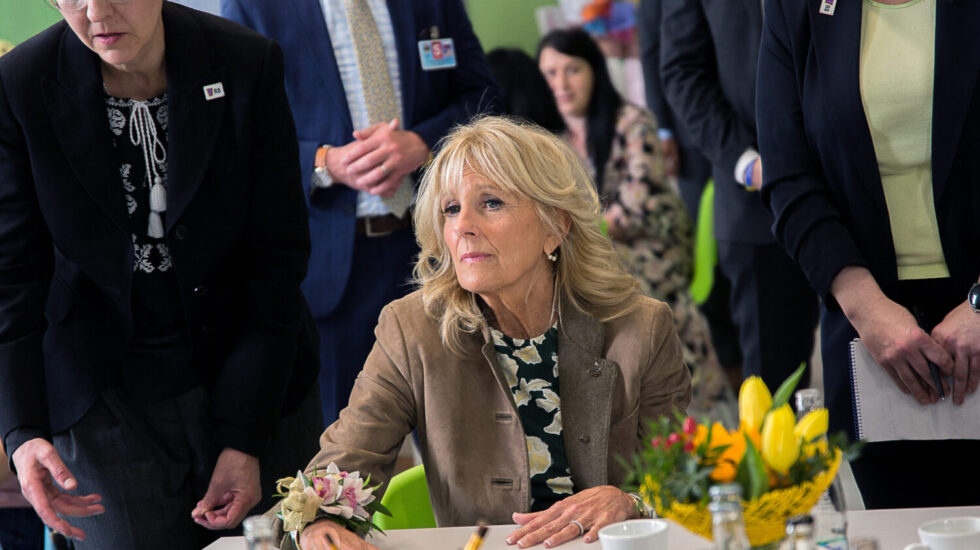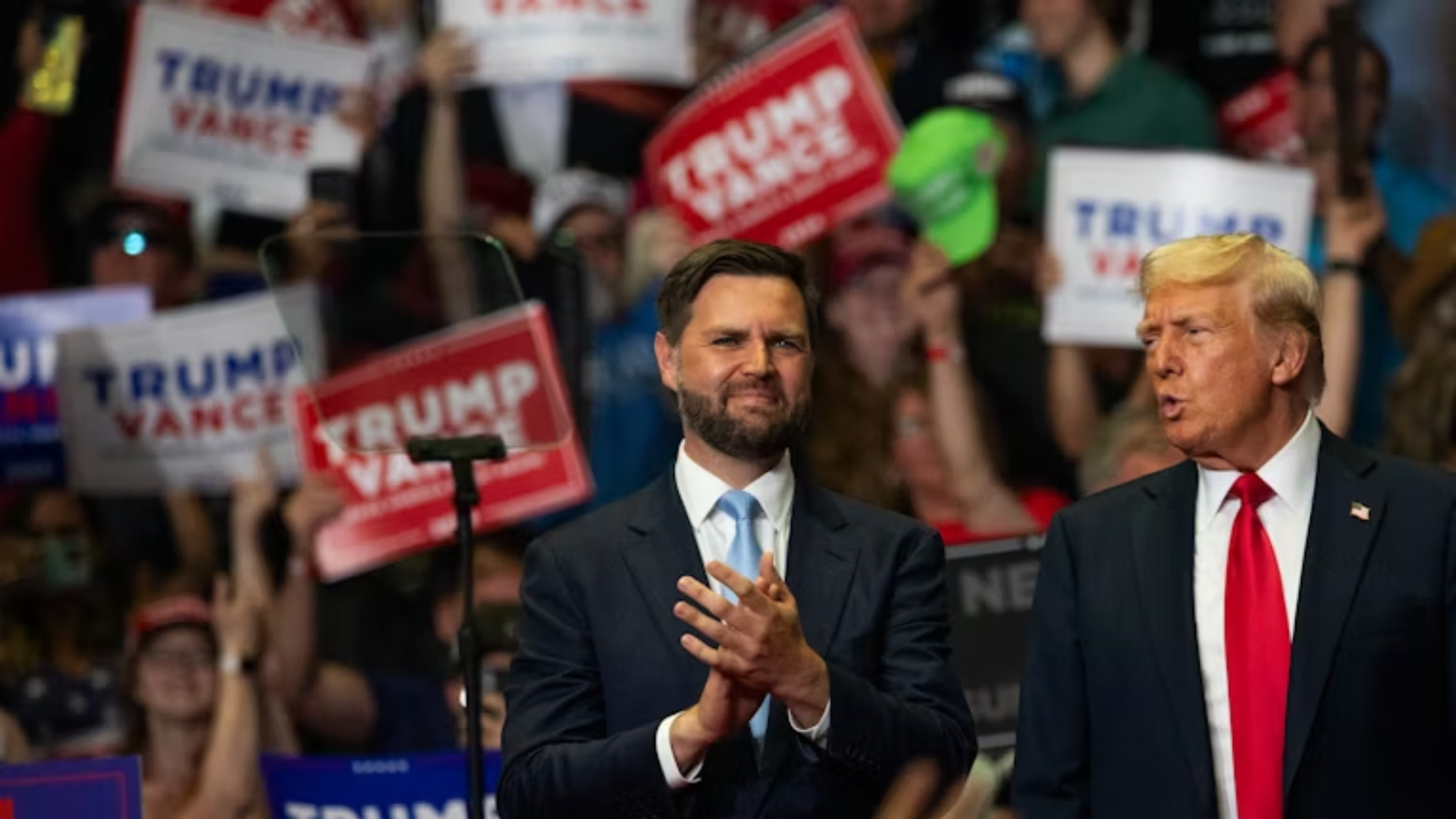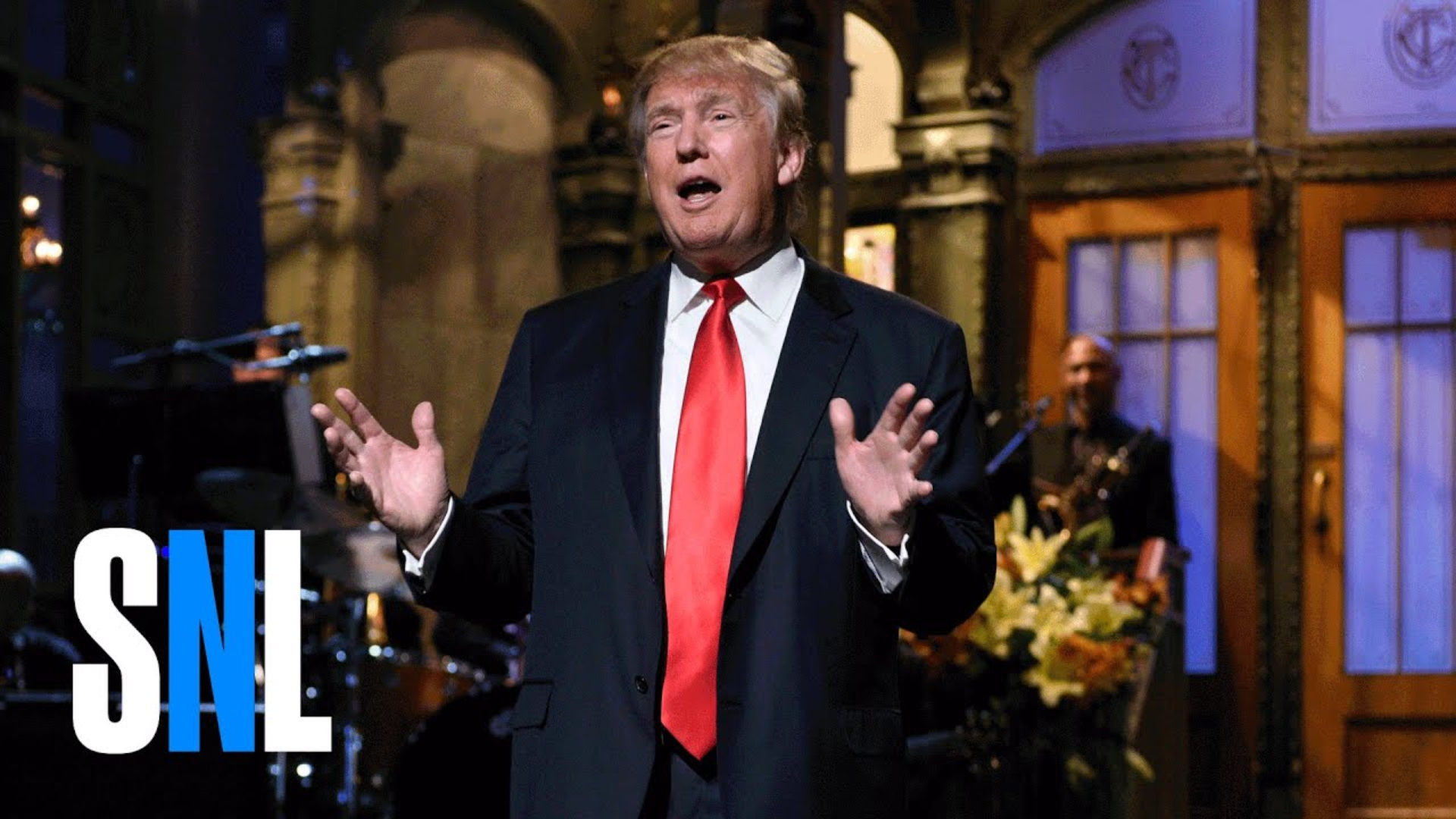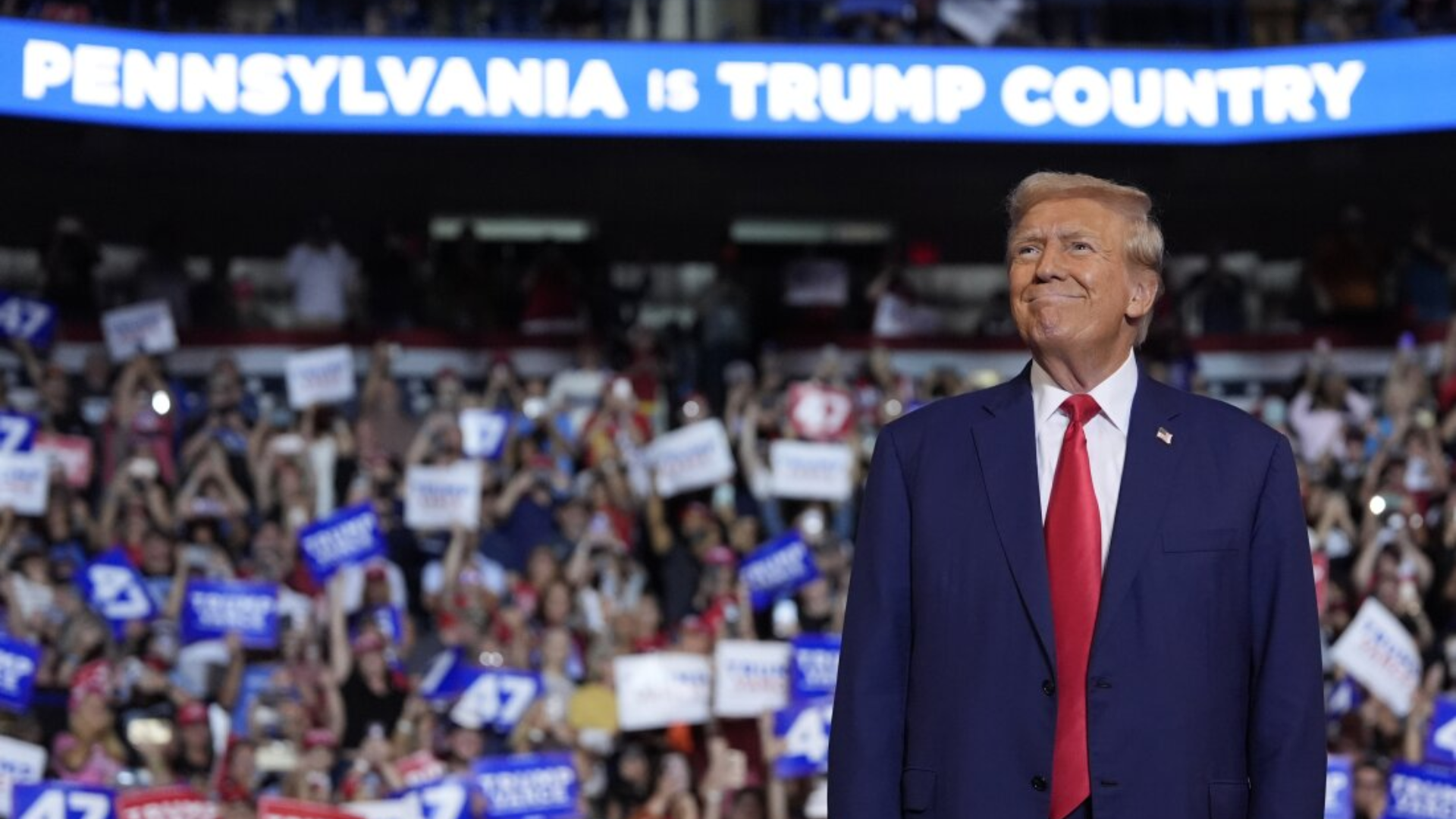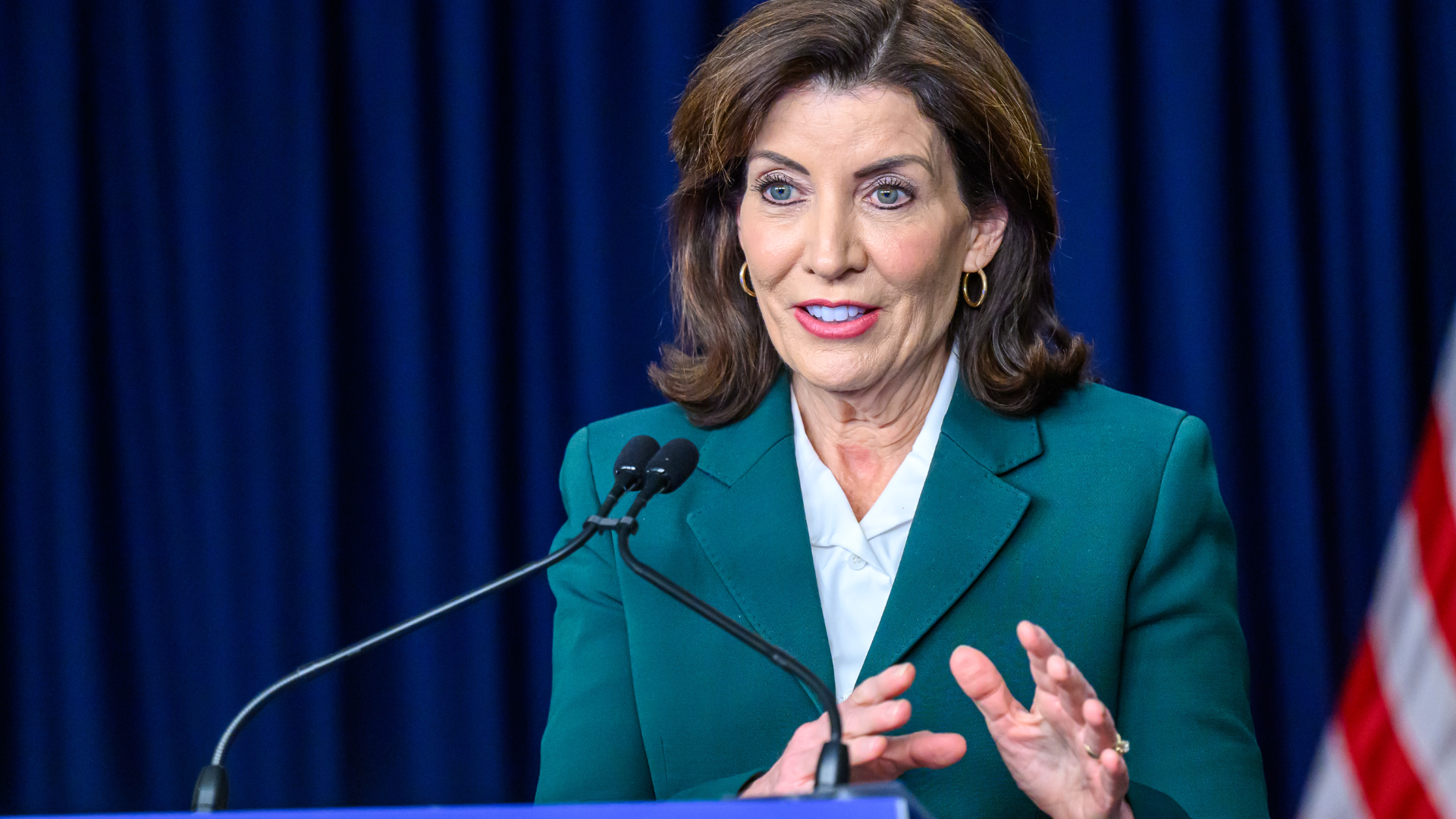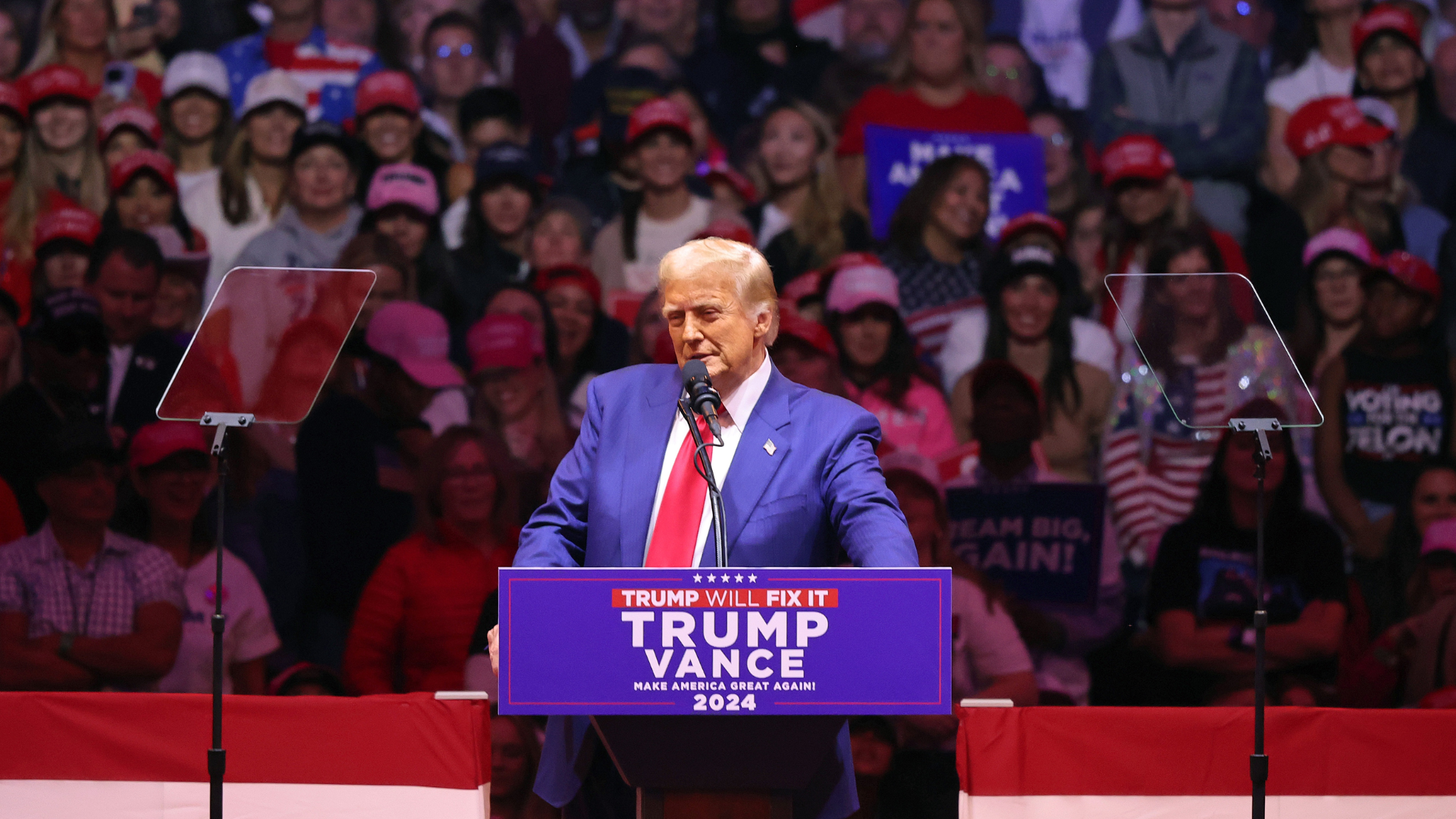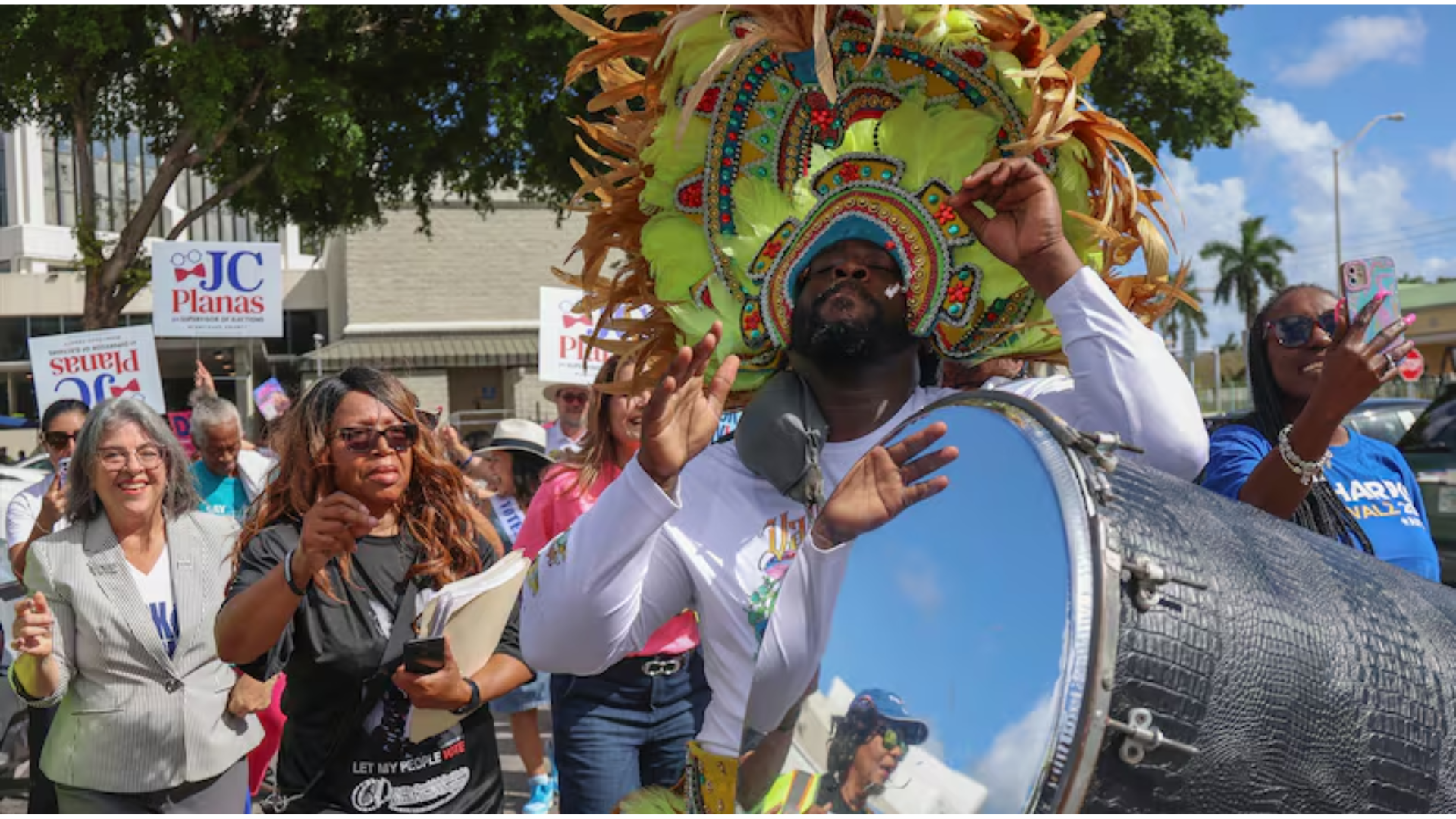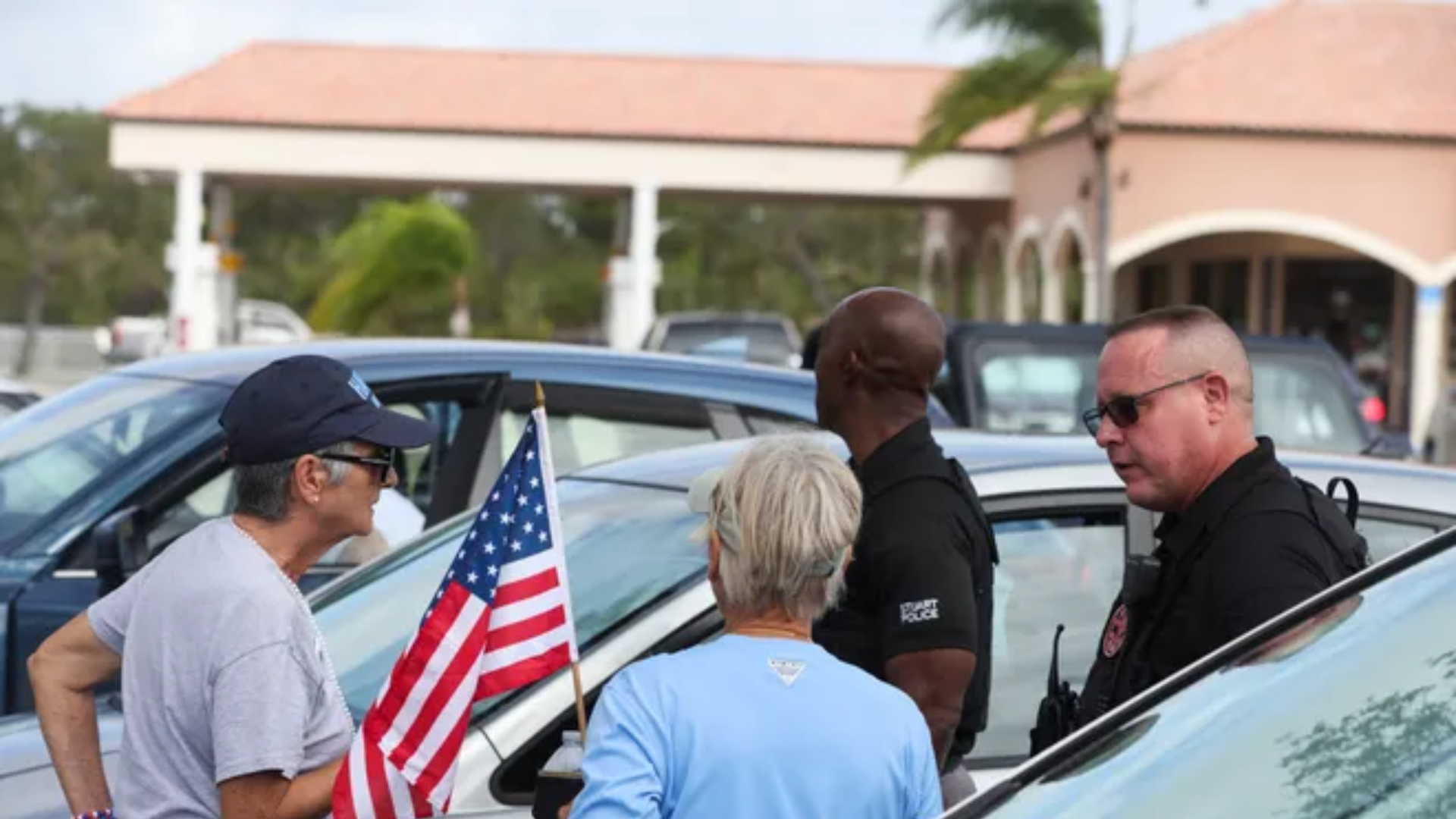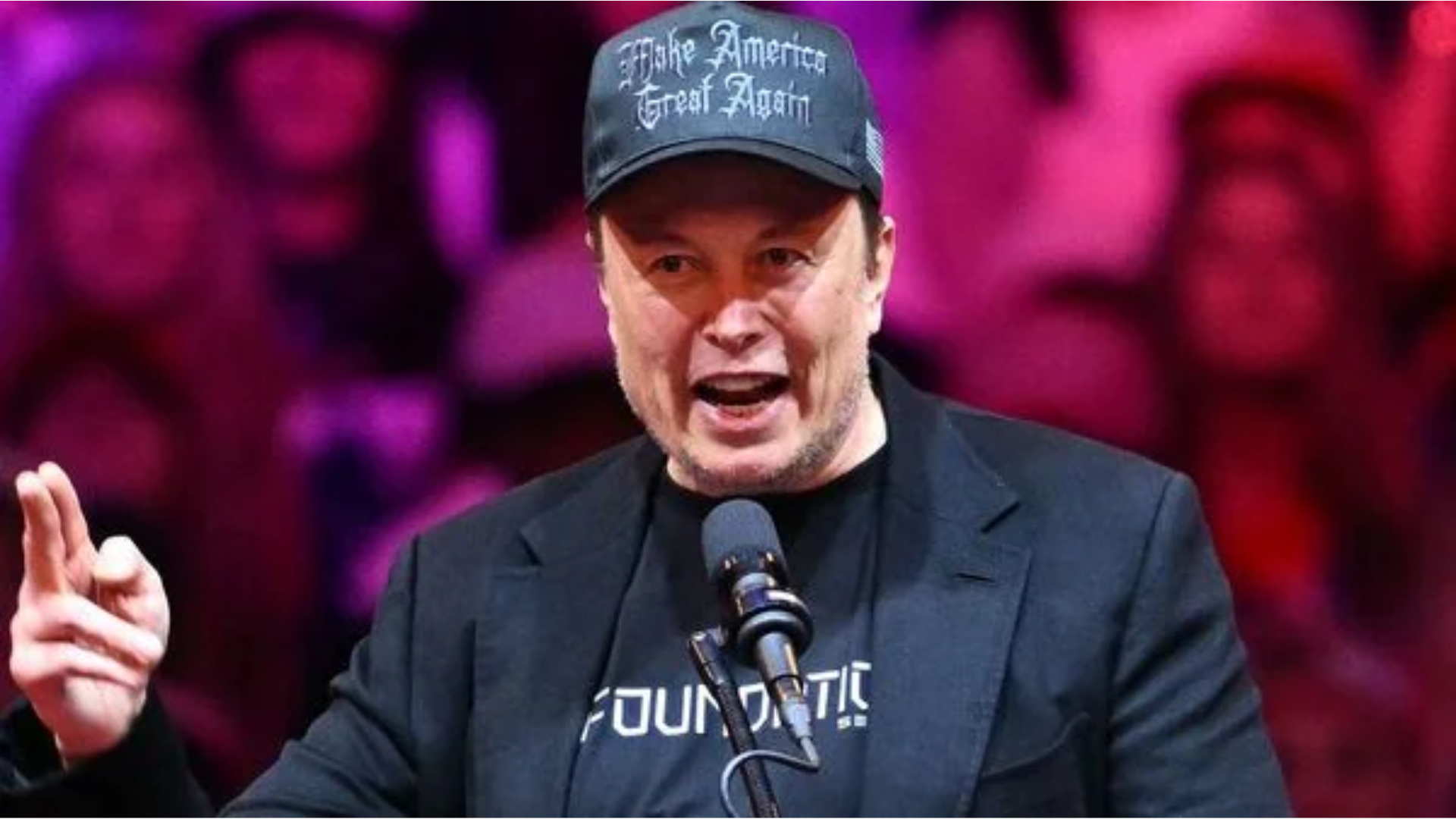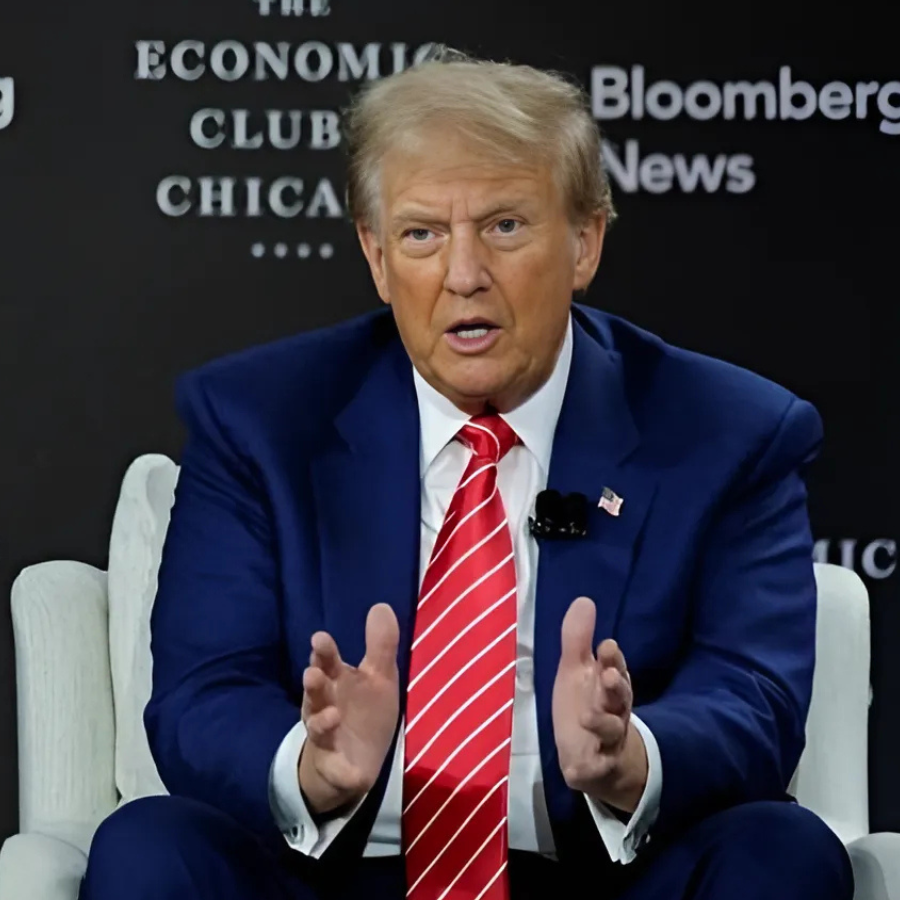
Nearly a decade into his political career, Donald Trump has consistently found ways to question the legitimacy of his rivals. Throughout his campaign history, he has repeatedly suggested that certain opponents shouldn’t even be allowed to run for office, echoing sentiments that challenge the foundations of democratic competition.
Back in 2015, Trump argued that Hillary Clinton shouldn’t be “allowed” to run for president. In early 2016, he said the same about Ted Cruz and later repeated the claim for John Kasich during the GOP primary.
Fast forward to 2020, and the rhetoric didn’t change — Trump claimed Joe Biden shouldn’t have been “allowed” to run for president either.
This pattern continued into 2024. By July, Trump turned his attention to Vice President Kamala Harris, insisting she shouldn’t be allowed to run after Biden decided to step down from the race. Just a few months later, the rhetoric intensified.
In a post on his Truth Social platform, Trump shockingly argued that Harris should be investigated and “forced off” the campaign trail. He further claimed that Biden should be reinstated as the Democratic candidate, framing it as him taking back his “rightful place” on the ticket.
Yet, Trump didn’t provide any reasons for this supposed investigation into Harris, leaving his followers to speculate.
In the lead-up to the 2024 election, Trump’s messaging has been anything but clear. Instead of focusing on typical campaign issues or policies, he’s seemingly fixated on a series of conspiratorial grievances.
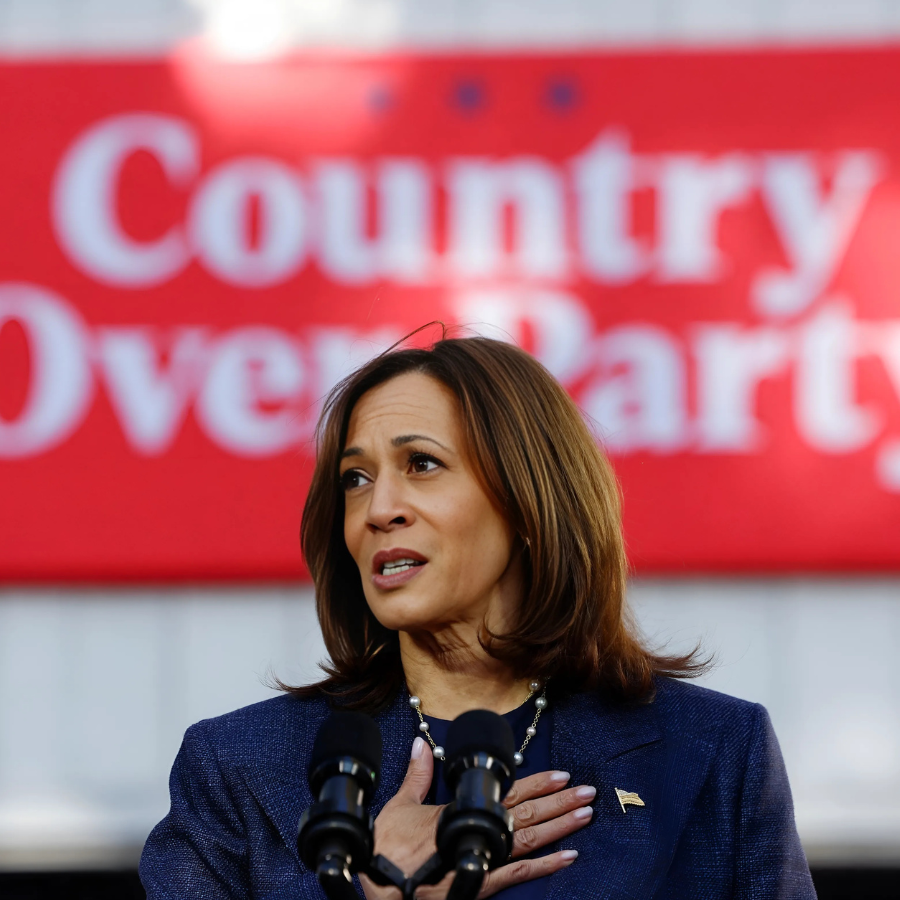
One of his most recent tirades involved a peculiar accusation against CBS and their “60 Minutes” broadcast, where Trump claimed that the network was involved in some kind of scheme.
According to Trump, CBS News might have manufactured additional answers for Harris during the interview, although no concrete evidence has been provided to back up this bizarre assertion.
In his message, Trump made a bold call for “60 Minutes” to be taken off the air and even suggested that CBS should lose its broadcasting license. He quickly returned to the topic of Harris, reiterating that she should be investigated and forced to drop out of the race, once again without specifying why.
Trump then closed his post with a dramatic statement, calling for CBS to “release the tapes” and adding a vaguely threatening line: “We can do it the nice way, or the hard way.” What “the hard way” might entail was left unsaid, adding an air of mystery and menace to the already tense political climate.
This kind of rhetoric goes beyond the usual political jabs and enters a more dangerous territory. It’s one thing for a candidate to criticize their opponents or argue that they aren’t fit for office, but it’s entirely different to suggest that they shouldn’t even be allowed to campaign.
The latter speaks to a more authoritarian mindset, where political power becomes the goal at the expense of democratic principles. Trump’s repeated calls for rivals to be barred from running set a worrying precedent.
While his claims about Harris, CBS, and “60 Minutes” are easily dismissed as baseless, they signal a broader and more troubling trend in modern political discourse.
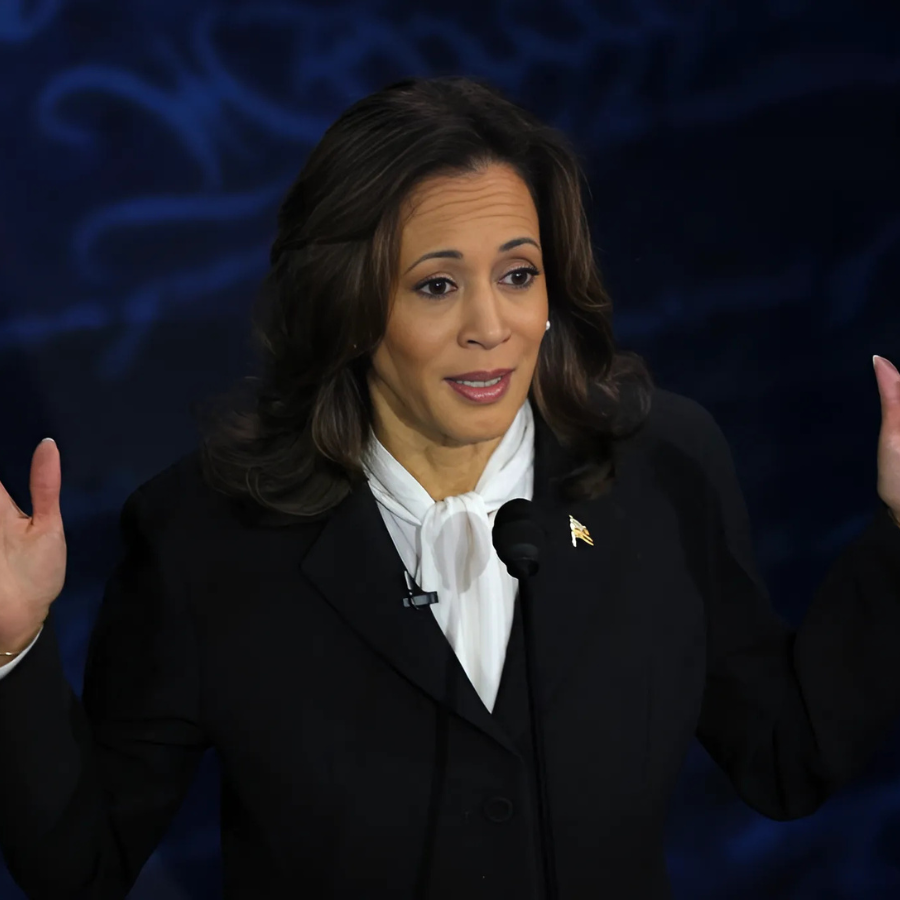
By continually suggesting that his opponents should be disqualified from participating in elections, Trump is essentially undermining the democratic process itself. His rhetoric seeks to delegitimize any challenge to his authority and power, which, if unchecked, could erode public trust in the electoral system.
At the core of this controversy lies a critical issue: the health of democracy. In democratic elections, candidates are expected to compete based on their ideas, policies, and leadership qualities.
To claim that someone should not even be permitted to run without justification strikes at the heart of democratic competition.
As the 2024 election approaches, it’s crucial for voters to see through these distractions and focus on the real issues that affect their lives.
While Trump’s latest demands for investigations and his conspiracy theories may grab headlines, they ultimately divert attention from the meaningful debates needed in this critical election year.
